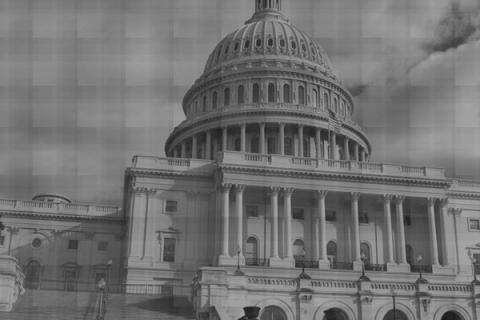California Governor Jerry Brown spearheads Proposition 30, commonly know as Brown's Tax Initiative, but leaders of California's university systems are eying November results cautiously. University of California and community colleges are gearing up for the upcoming 2012 elections as they face tuition increases, frozen enrollment and scarce amount of courses and services if Proposition 30 does not pass.
Proposition 30 proposes an increase to state sales tax and the personal income taxes of those earning more than $250,000 a year.
The University of California is facing a potential hike in tuition for student up to 20 percent or more than 2,400 dollars. On July 18, 2012, the UC regents froze all of the undergraduate tuition and approved higher fees for certain graduate schools. The UC Board of Regents also endorsed Proposition 30 in a single vote. Russell Gould was the only regent who opposed the endorsement. "There is a major risk to the university," Gould said. Students welcomed the announcement of frozen tuition rates, but smiles may turn to frowns after the elections.
In the wake of the recent community college changes, the Community College Board of Governors voted to modify the enrollment policies. The Student Success Task Force provided the Board of Governors with a set of recommendations that are being put into effect. In an interview with Manuel Baca, a Student Success Task Force Member, Professor of Government at Rio Hondo College, and Member of the Board of Governors, he answered questions on the current Board of Governors approval, goals for the SSTF, support for Proposition 30, and consequences if Proposition 30 does not pass.
How do you feel about the current voting on the enrollment policies for community colleges? I voted affirmatively and support the policies and procedures, related to this matter, as drawn up by the consultation group.
How do you see the enrollment policy changes benefit students? Some students (recent high school graduates) who might not otherwise be able to gain access to the community colleges, will do so. As we continue to work on our student success support services at the community colleges, students who most need the academic support will be better served.
What is the goal for students who have not completed their degree or have more than 100 units? Of course, we would certainly expect that students achieve their academic goals and obtain a degree, or achieve their CTE (career technical education)/academic goals. If students require additional time, there is an appeal process available.
How do you feel about Jerry Brown's proposition tax initiatives? Does this hinder the goals the Student Success Task Force are working towards? I am supporting the Governor's tax initiative and believe that having the voters pass the initiative will help, not hinder, the Student Success Task Force recommendations and goals.
What consequences would community colleges face if Jerry Brown's Tax initiative does not pass? If the Governor's initiative does not pass, the governor and the legislature will need to rethink mid-year cuts in funding for community colleges. As an initial take, the community college would be looking at additional reductions in funding, possibly as much as 7-10% on top of those already decided. All colleges would face reductions in class sections offered, while some will face this, as well as significant reductions in staffing (layoffs) and programs. The consequences will vary somewhat, from college to college, based on availability of reserves and other factors, but all will be hard pressed. Students will suffer greatly in terms of accessibility to courses and services.
In addition to the Governor's proposed tax initiative, Molly Munger, an attorney from Pasadena, California is the primary advocate of another tax measure appearing on the November ballot, Proposition 38. Proposition 38 is commonly known as Our Children, Our Future: Local Schools and Early Education Investment Act. This measure would allocate increased state income tax rates for 12 months to schools and early childhood programs.
"When voters are offered choices among competing measures, it depresses the support for each of them. The likely result will be all of them failing,"said Steve Glazer, Jerry Brown's political strategist.
Manuel Baca from the Student Success Task force stated that "I do not have the authority to speak on behalf of the Student Success Task Force with regard to the Molly Munger initiative. As I indicated, I personally support Governor Brown's tax initiative."

